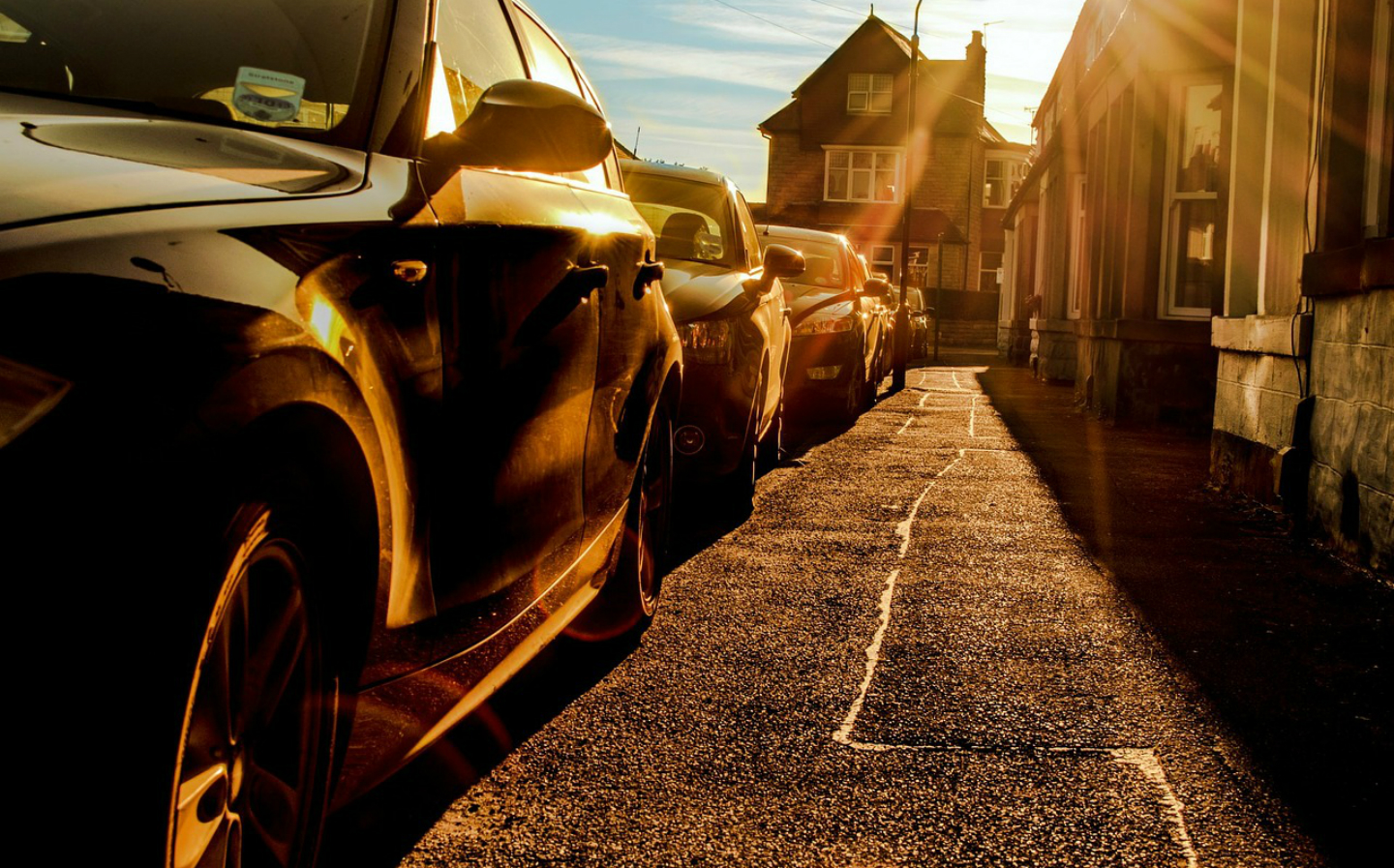One-in-three Brits admit to openly shaming appalling car parkers
Three quarters, however, wouldn't speak with the driver of the poorly parked car
MANY MOTORISTS in Britain aren’t afraid to let other drivers know what they make of their poor parking, according to a new poll of UK drivers.
A third (33%) of those polled by heycar, a used car dealer website, admitted they wouldn’t hesitate leaving a note on the windscreen of a car that they thought was parked in the wrong place, or left somewhere that was blocking the way of other road users.
Younger motorists were found to be more likely to upload photos of poorly parked vehicles on social media: a quarter (25%) of the 17 to 24 year-olds who responded confessed to shaming sub-par parkers on social media, compared with just 1% of over-55s.
A handful of Brits aren’t afraid to take even more extreme action — in May 2018, Greater Manchester Police highlighted a case where an unidentified citizen vandalised a legally parked Ford Fiesta by deflating its tyres and painting a “No Parking” sign on the supermini.
Cars parked on Lownorth Road have been damaged over the bank holiday weekend. Having their tyres let down & ‘NO PARKING’ painted on the side of the vehicle. This behaviour is completely unacceptable and we will take positive action against anyone caught causing damage. Sgt K pic.twitter.com/85XH9p63sx
— GMP Wythenshawe (@GMPWythenshawe) May 29, 2018
However, heycar’s survey suggests a majority of British drivers are far more likely to not kick up a fuss at all.
Three quarters (75%) of those polled said they wouldn’t get into an argument with a driver who had poorly parked their car — even though three-fifths (60%) of the peopled who were quizzed confessed they’re angered by their neighbours’ inconsiderate parking.
While the survey didn’t ask what the respondents thought was causing this poor parking, their answers suggest a lack of available parking spaces could be at least contributing to it. Just under a quarter (24%) said there were more cars than space outside their home, while a large majority (86%) said there are more vehicles on their street than there were five years ago.
The concerns of the latter are backed up by official Driver and Vehicle Licencing Agency (DVSA) statistics. While information for 2019 isn’t available, the data indicates the number of cars on UK roads rose by 6.4% between 2014 to 2018, from 29.6m to 31.5m vehicles.
Additional data from the Department for Transport (DfT) suggests the number of car-owning households has also risen over that same time frame. Between 2014 and 2018, the proportion of homes with at least one car or van grew from 85% to 86%, with the share of residences with two or more cars and vans increasing from 32% to 35%.
Tweet to @J_S_Allen Follow @J_S_Allen





